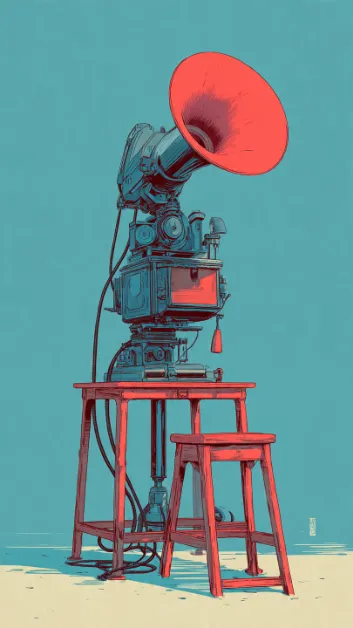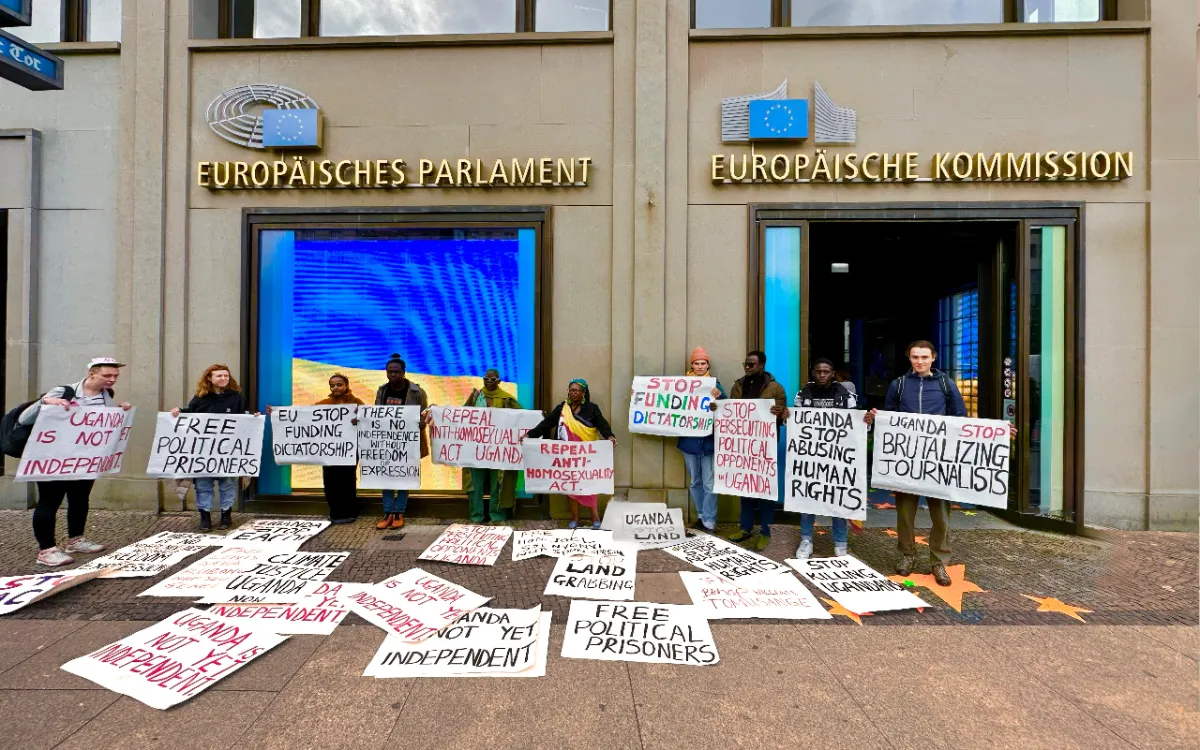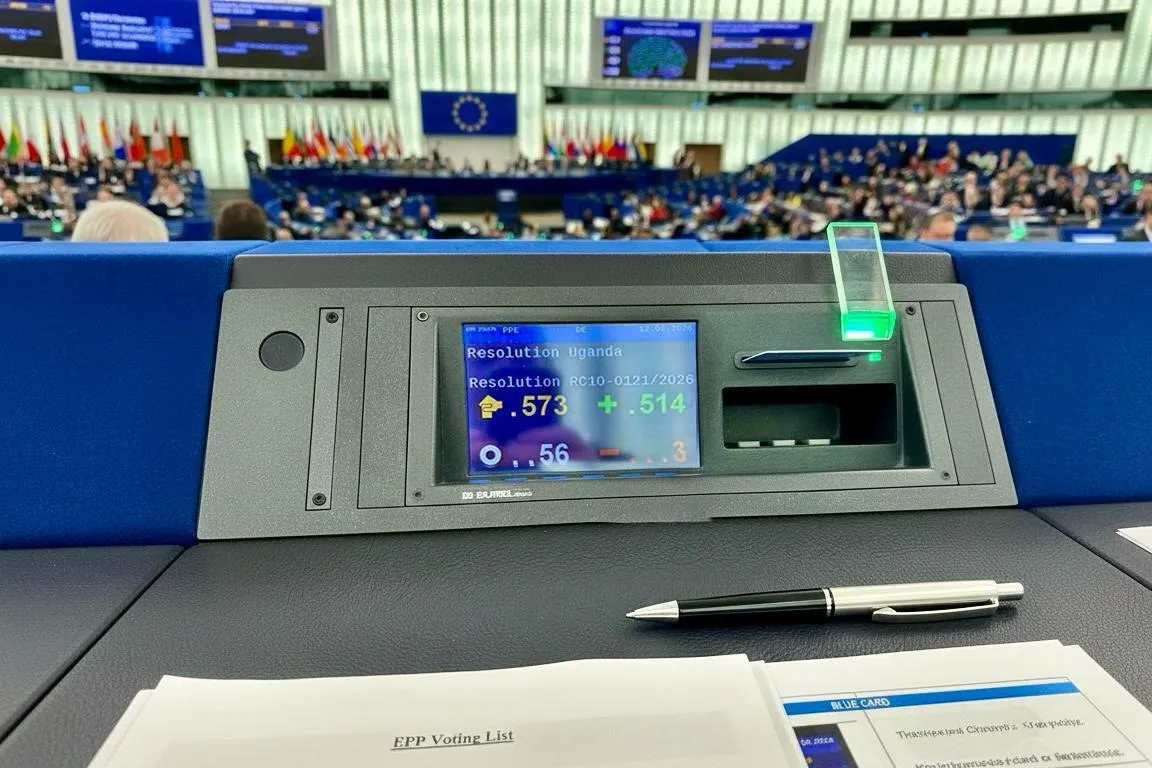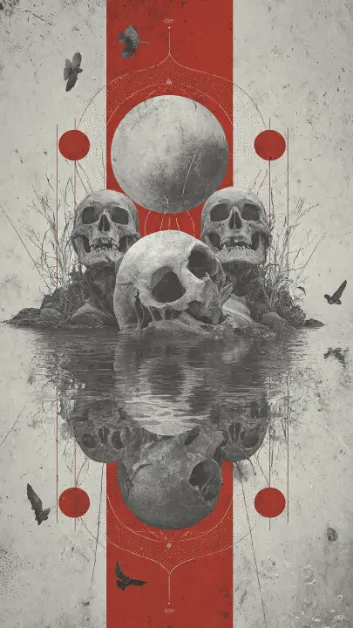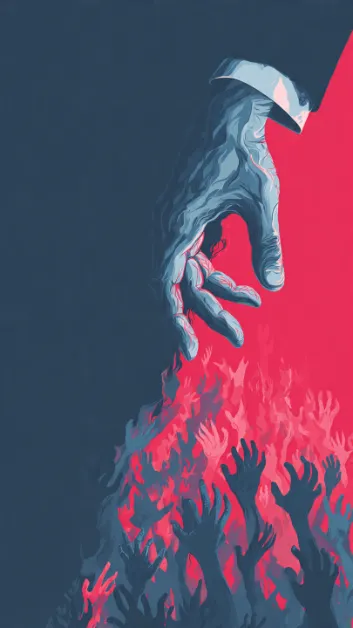.webp)
Chief Ucebi and his Crazy Son
Power and Tyranny: A story of greed, rebellion and the true cost of unchecked power.
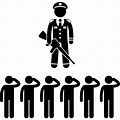
05 Dec, 2024
Share
Save
Once upon a time, there was a village governed by a chief named Ucebi. His rule, though initially promising, soon turned to shadow and fear. The people of this village were proud of their customs, where chiefs could only reign for two terms. Once their time was done, they were to step down, their names fading into legend as others rose to take their place.
But Ucebi, a man who had come to love power more than life itself, could not bear the thought of surrendering his seat. Under his rule, the village prospered for a while—food grew bountiful, trade flourished, and the people’s songs expressed peace and happiness. Yet, as his first term drew closer, Chief Ucebi felt the tightening of fear in his chest. What would he be without his rule? The thought of stepping down felt like an abyss.
So, one night, in the secrecy of the noble house, Ucebi gathered his trusted advisors and close associates, men and women, as ambitious as he was.
“I will not relinquish power,” he declared. “I will change our laws. Let the people decide if I should remain, but my power will not end with this term.”
The Council nodded in approval, their eyes gleaming with a mix of greed and ambition. The law was swiftly altered: “The Chief shall remain in power as long as the villagers vote him so.” It was an unspoken agreement that the villagers could never vote against him—Ucebi had too many eyes watching from the shadows and ears, picking up every sound.
But power, as it always does, began to twist him. He cracked down on dissent. Those who dared to whisper against him found themselves vanishing into the night. No one knew where they went, but the wind carried their whispers of suffering. The land grew quiet, not out of peace, but fear.
Ucebi’s rule became a cage, and the village trembled under the weight of his tyranny. He had enemies now, many enemies, but none dared to rise against him. He ruled with an iron fist, his words like poison, his eyes as cold as stone.
Years passed, and one day, Ucebi stood at the entrance of his palace and gazed at his son, Uozi, a young man who had grown up in the shadow of his “empire”. The boy was physically well-built, but somewhat lacking in wit. Regardless, he was loyal to his father. Ucebi’s heart swelled with pride, but also with fear. His reign, though powerful, had begun to show cracks. Enemies had grown—people whispered of rebellion—and Ucebi was not young anymore. His body ached and his mind was tired. However, he needed to secure his power, for himself, and for his bloodline.
One evening, he summoned Uozi to the great house.
“My son,” Ucebi began, his voice rough but filled with authority, “You will take my seat when I am gone. It is the only way to protect everything I have built. You will be the next ruler.”
Uozi, loyal to his father, but blind to the full truth, nodded. He had watched his father’s rise to power and believed that his rule was a sacred thing—one that must be preserved at all costs. But there was a dark undercurrent in the village, and soon enough, Uozi would learn that it was not the throne that needed protection, but the people from the throne itself.
The whispers turned into a roar. The council, once loyal to Ucebi, now saw an opportunity to seize power for themselves. They had been silent for too long, afraid of Ucebi’s wrath. But now, they could see the cracks in his rule. A new challenger arose: Nankya, a woman who was once one of Ucebi’s advisors and now led the rebellion.
“The bloodline cannot rule forever,” Nankya declared in secret meetings. “A tyrant’s son is no better than a tyrant. Uozi will bring nothing but more suffering.”
In the dead of night, the rebels made up of the village’s forgotten, the widows, the poor, and the betrayed rose. They stormed the palace. Uozi, unprepared for the storm that would soon drown him, tried to flee, but the villagers were everywhere. His father’s enemies had become his own. He had inherited not only the seat but the hate that his father had sowed.
Uozi, in a desperate bid for survival, pleaded for mercy. “I am not my father!” he cried. “I did not choose this! I will undo what has been done.”
But the villagers were beyond mercy. They saw no difference between him and Ucebi. And so, the throne of Nnalubaale stood empty, albeit under the care of a team of highly responsible men and women selected from across the village. This team was charged with reinstating the customs of the village and Uozi was excommunicated from the village. Soon, the village returned to its roots, where no one was to rule forever, and the voice of the people was sacred. With that, the land of Nnalubaale learnt the most important lesson of all: power that is taken by force, and held with cruelty, can never be passed down—it will only destroy what it touches.
About the author
English and Literature Educator, Writer, Peer Reviewer, Editor and Climate Change Activist

